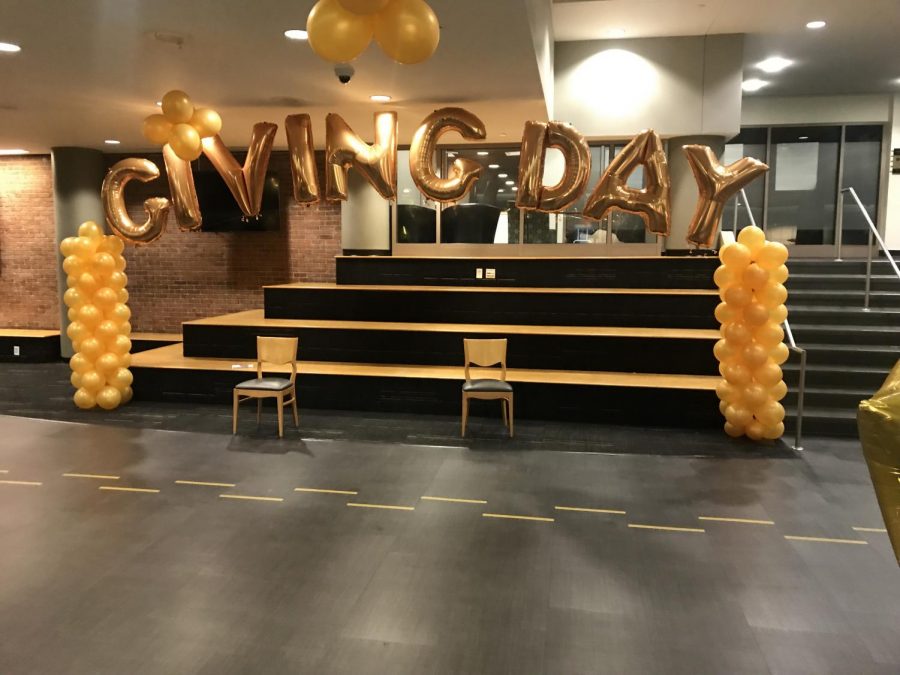It’s Giving Day. Vanderbilt will be asking you for money. They’ll allow you to direct your donation to any number of great programs, from Opportunity Vanderbilt to McGill Hall. You or your parents are perfectly reasonable if you choose to #give4thegold.
But before you do partake in this type of philanthropy, consider an alternative charity mindset: effective altruism.
Charitable giving will always be at least partially driven by emotion. If your parents have tremendous school pride, they’ll want to give back to Vanderbilt. If you lost a loved one to a certain disease, you’ll feel more inclined to donate to organizations that are trying to cure it. Emotion has its place in charity and volunteering, but so too does reason, evidence and impact. The fact is, some charities are more accountable than others, more cost-effective than others and more in need of your donation.
Effective altruism combines the heart and the head. Let’s say that, on this Giving Day, you feel like giving money. More specifically, you feel especially passionate about spreading high-quality education, like the one you or your child received at Vandy. Yes, you can give to Vandy’s 4.6 billion dollar endowment and it would certainly have a positive impact. But, your money will have more bang for its buck if it goes to a community college’s two million dollar endowment. Or consider the following example, borrowed from Malcolm Gladwell’s podcast, “Revisionist History.” If you were going to spend $50 billion to make U.S. air travel better, the last place you’d give the money to is Denver, which has a brand new airport. Instead, you’d go to the most crowded and underfunded airports in the country and make them better.
Vanderbilt has its issues, some of which can be solved with more money. But at the same time, in 39 countries less than 50 percent of the poorest children have completed primary school. In Niger, the literacy rate of 15 to 24-year-olds is only 36.5 percent. All of this is to say that if you really want to make an impact on education access, you should give globally. You can support secondary school scholarships in Ghana or vocational training in Colombia. Programs like these deliver incredible results, from increases in earnings to higher graduation rates. The enormous impact of cost-effective, global charities like these is regularly verified by decade-long studies. Economists say they’re cost-effective, and global development experts say they’re working.
Effective giving is easy. The Life You Can Save and Give Well are highly-regarded charity navigators which allow you to discover and donate to organizations that are “highly-effective, well-vetted, and evidence-based.” Whether you prefer to donate locally or to a particular cause, use these tools to make your philanthropy more effective. You’ll never be more certain that your donation is making an impact. And you’ll probably feel good, too.
Charles Kotrba is a junior in the College of Arts and Science. He can be reached at charles.kotrba@vanderbilt.edu.



